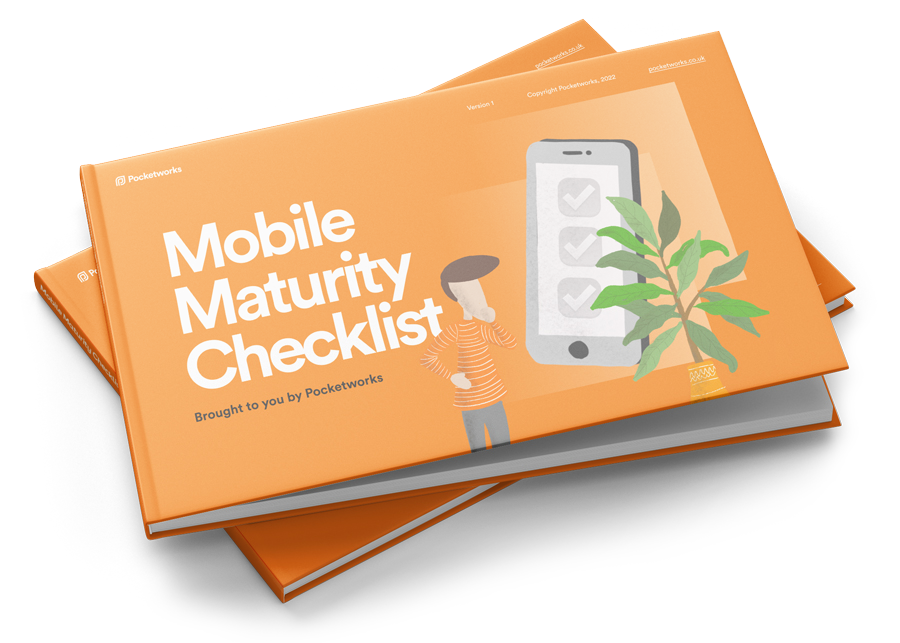A friend of mine is building an app startup. He's raised a whopping £500,000 and wanted some feedback on his app. I was concerned he'd blow his dosh, so I gave him a few tips.
1. Solve a big problem
The founders' idea helps solve a very pressing problem and, if executed well, could positively impact the mental health of over a million people in the first year. There's nothing to add here, it's a good, high-impact "pain killer" type problem!
2. Build 10% of what you have planned
He'd sketched out an app design that he felt would solve the problem. It looked good, but it was BIG. My gut feeling is that he could spend £300,000-£400,000 building it over the first 12 months and, in all that time, not learn much about his customers. By allocating £20K-£100K to test two or three super-small prototypes on a small number of customers, he'd learn so much more, a lot faster, and massively increase the chances of finding market fit.
3. Don't be afraid to botch it
You often don't need to develop anything to test an idea. You can test your hypothesis with PDFs, WhatsApp or no-code tools. Are they pretty? Nope. But if you put your ego aside, these small experiments can be very cheap to build and help you learn a great deal.
4. You only need to test on a handful of people
He'd planned to release the app to 1,000 customers at first, but this is a lot of people for a first release. According to Anna, our researcher, you can get tons of value by testing ideas on 5–15 people. The idea is to observe them using your app and interview them afterwards.
5. Plan to fail
Once he's validated his idea with prototypes, he'd go on to build something that he can release to customers. I suggested he keep that small too. Build 30% of what he had in mind, as long as it gives value to customers. This would help ensure he has plenty of dosh to learn and iterate after that, just in case the first drop isn't a raging success.
6. Prioritise learning over scaling
This particular startup idea requires an expensive network of professionals for it to work. This bugs him so he's thinking about removing that element. I asked, "what if you take this route for the first 6-12 months and see what you learn? See if it's providing as much value as you think it is?" Momentum and learning are often more important than scalability, at least in the early days.
7. Pay yourself
I was on the fence with this one. The founder would be working out of hours and didn't want to look greedy. Aren't founders the most critical person? Their time is valuable. Paying himself would help him accept he's doing important and valuable work.
8. Think about your app store conversion rate
Most apps lose 50%-90% of their customers on the app store page. So, budget for a persuasive app store presence. Google "app store conversion rates by category" for benchmarks to inform your marketing plan (see image).
Anyone else got any advice for me to pass on or any thoughts on the above?

